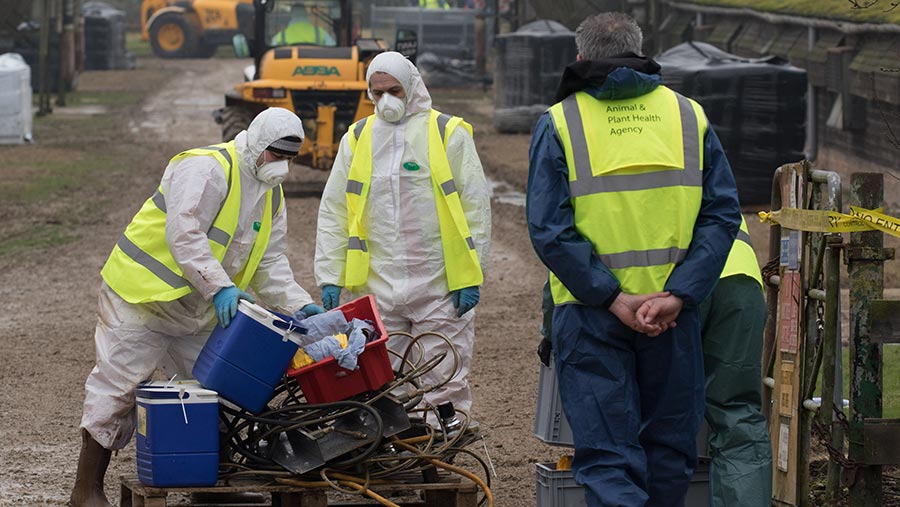Lack of investment damaging Weybridge animal disease centre
 © Tim Scrivener
© Tim Scrivener A lack of investment in the UK’s main centre for managing animal disease threats means some facilities are no longer fit for purpose and this could leave the country vulnerable to future outbreaks, a damning report by the National Audit Office (NAO) has concluded.
It says Defra has allowed the facilities to deteriorate, with ageing buildings in need of major repair, while a lack of laboratories is hindering work by the Animal and Plant Health Agency (Apha) to respond to emerging animal disease outbreaks.
The NAO report says the government has underinvested in the Weybridge site in Surrey, and the short-term “patch-and-repair” approach is not sustainable.
See also: Apha laboratory receives £200m to tackle zoonotic diseases
Funding
Defra is working on a programme to upgrade the facility, including a new science laboratory hub and better infrastructure.
This programme will cost an estimated £2.8bn and the Treasury has so far approved funding of £1.2bn, plus £200m for critical maintenance.
The NAO report says a failure to secure the remaining funding would limit the benefits of the programme, which endeavours to give scientists the best facilities to combat animal disease threats in the UK.
The Treasury is expected to scrutinise the next stage of the plans in June 2024. Defra will then appoint contractors and expects the main work to start in 2027.
The NAO report notes that Defra had made good progress in the planning stage, learning from similar programmes and projects, but it also identified risks that would need to be managed.
These included ensuring costs and schedule estimates are accurate, recruiting the required skilled staff, and ensuring contractors are working together effectively.
Risk
Gareth Davies, the head of the NAO, said: “Defra has allowed the Weybridge site to deteriorate to a point where major redevelopment is now urgently required. Considering the site’s importance to the UK, it has taken Defra a long time to set up a programme to redevelop it.
“The department has recently put in place many of the right measures to manage the redevelopment successfully, but it will need to navigate many risks to deliver a site that can protect the UK against animal disease outbreaks and demonstrate value for taxpayers.”
Lord Benyon, the biosecurity minister at Defra, said the Weybridge site had a long-standing reputation for excellence in science and gathering evidence to safeguard UK biosecurity.
“It is right that we plan to make significant investments into the site, which is why we have secured £1.4bn of funding so that we can continue to attract and retain the best scientists to ensure the UK’s protection from this kind of threat for decades to come through world-leading facilities,” he said.

